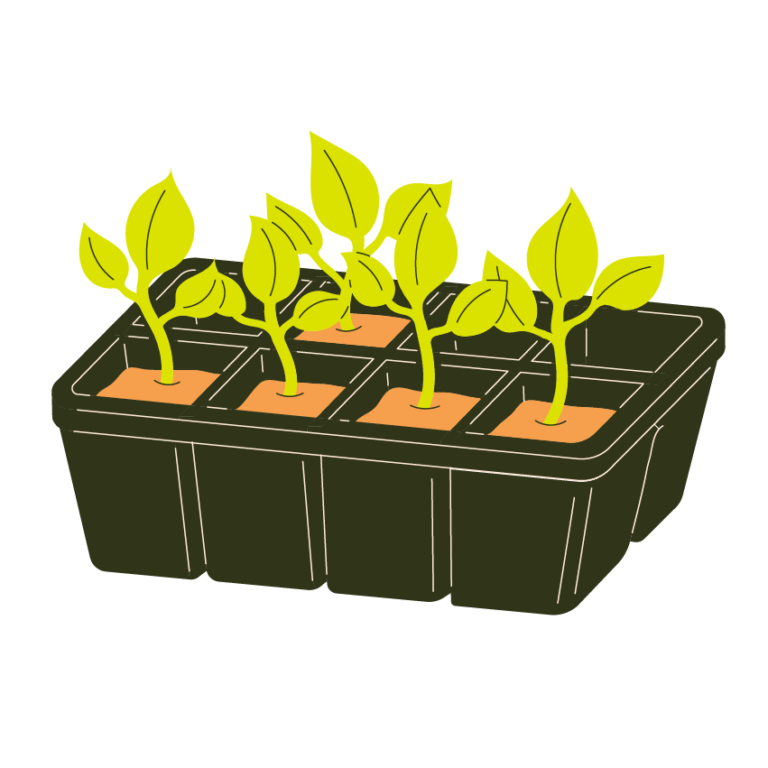Our project will improve the physical and emotional health of Black, Asian Minority Ethnic refugees living in deprived areas of Edinburgh and West Lothian with limited access and understanding of mainstream services.
Enkula Refugee Health Project

The intended outcomes of the project will include increasing awareness of the health issues of concern to refugees caused by cultural dietary and lifestyle practices that make these communities prone to certain diseases such as Type 2 diabetes, Heart disease and Stroke. Working with Nutritionists, we will develop culturally appropriate nutritional journals to promote healthy eating and nutrition support for refugees and asylum seekers families.
Key Information
Geographical reach
Edinburgh, West Lothian
Dates
13/09/2021 – 30/11/2022
Target Groups
Refugees, BAME
Project Type
Spreading good practice
Background
This idea originated from discussions between local groups of refugees based in deprived areas of Edinburgh and West Lothian, focused on their health needs and social integration into Scottish society.
Over lockdown, we ran a pilot engaging with refugees to gain a better understanding of issues and access to services relevant to their needs. Additionally, we have run some outdoor open days in public parks with refugees and created a steering group that has shaped the needs for this project.
This project will build on these activities run in conjunction with community volunteers and refugees. Participants, specifically African refugees said that “they need healthy activities involving culturally appropriate support services, awareness as well as having fun”.
Our engagements highlighted families’ experiences of poor physical and mental health and lack of supportive coping mechanisms. The steering group also highlighted the struggle to access culturally appropriate support services due to several issues including language barrier, social isolation and loneliness leading to negative outcomes such as obesity and depression.
Involvement of New Scots in project
We have continuously ensured meaningful participation of refugees in the project through the use of engagement platforms such as a WhatsApp participants group which is convenient and easy to use as well as strengthened our community networks. We have also maintained effective communication with all participants, and we have worked with community volunteers who speak different languages to act as interpreters or translate information for refugees who do not speak English.
Impact
The project has contributed positively to help build community capacity for refugee families and we hope this approach has given individual families the opportunity to not depend on outside service providers, and empowered people to encourage each other within their local communities to take action on some of the health issues of concern to them such as preventing poor physical health. The peer education model will help members of the communities we have worked with throughout this project to take greater control of their own lives, and the knowledge and skills gained will feed directly into making everlasting differences in people’s lives.

Reflections
By implementing this project, our organisation has learnt that this work can only be delivered in communities once a trusting relationship has been built and this requires being visible to the communities and working with them on the issues that matter to them. To be more effective in delivering similar future projects, it is important to work at the pace of the target community and to use, where possible, their existing routines and groups in order to ensure participation. For example, if a women’s group meets for church/mosque on a Saturday or Friday, the project would try to use this platform for raising awareness and get people involved. When working in widespread areas, it is important to develop platforms to work from, for example a men’s groups, mixed group, women only groups or use local existing groups to have reference point to measure impact and change.

